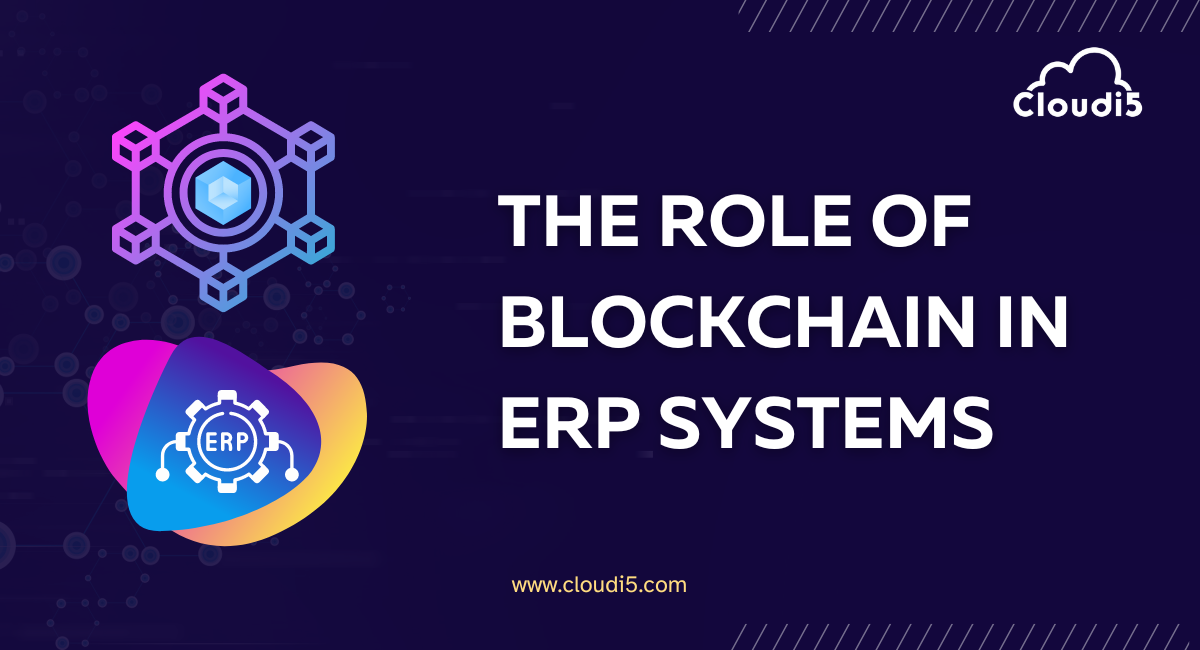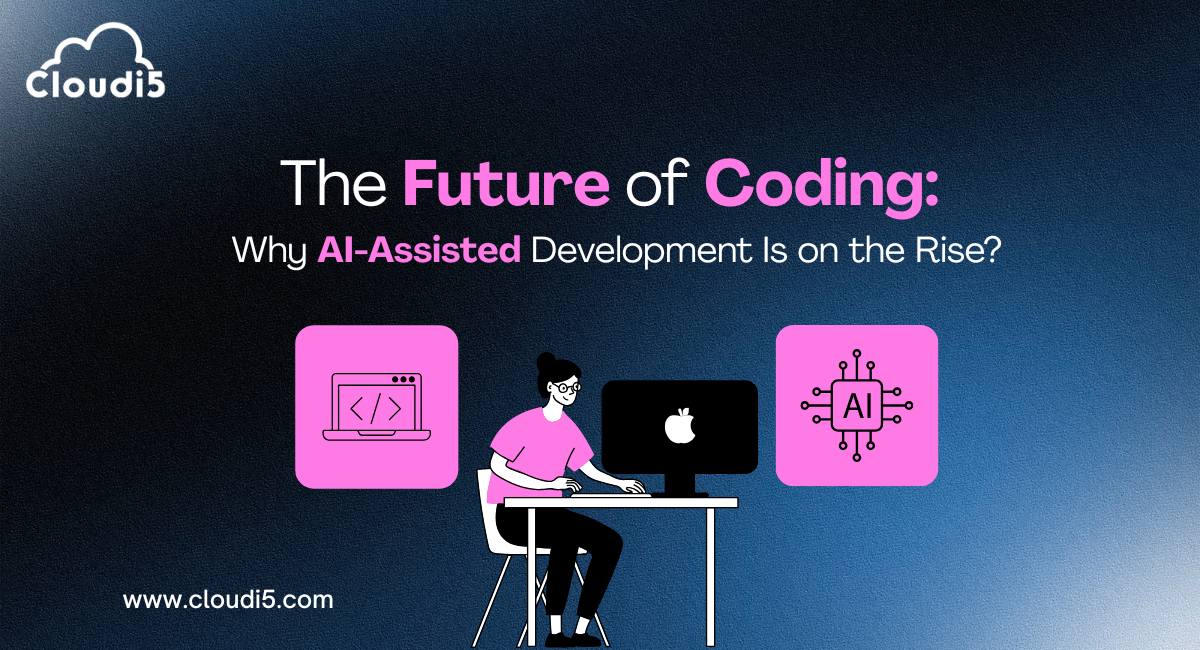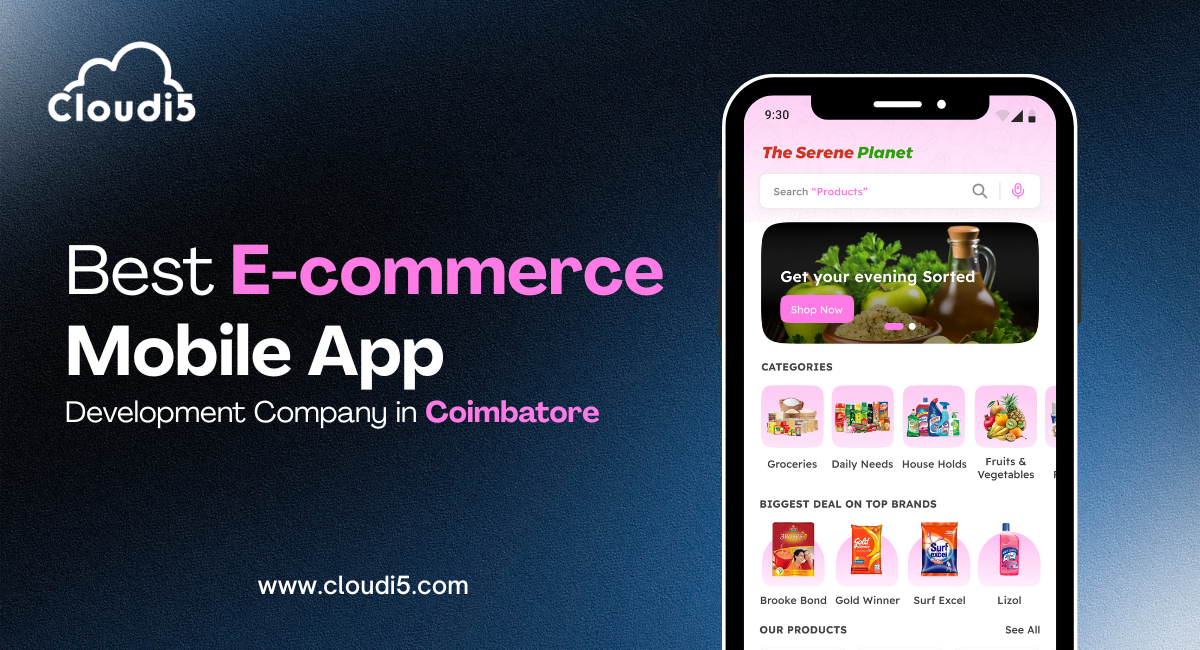
The Role Of Blockchain In ERP Systems
Enterprise Resource Planning (ERP) systems serve as the backbone of modern businesses, handling critical functions such as finance, inventory management, human resources, and customer relationships. Yet, traditional ERP systems often grapple with challenges related to data security, transparency, and seamless collaboration across intricate supply chains. What if there was a solution that could elevate these systems to new heights of security, transparency, and efficiency? Enter Blockchain.
Blockchain, the foundational technology powering cryptocurrencies like Bitcoin, presents a revolutionary approach to data management. It offers a decentralized and tamper-proof ledger system that ensures the integrity and immutability of data. By integrating blockchain with ERP systems, businesses can not only mitigate existing challenges but also unlock unprecedented levels of efficiency, trust, and collaboration.
Understanding the Challenges of Traditional ERP Systems
Before exploring how blockchain can enhance ERP systems, it's important to understand the limitations of traditional setups:
- Data Silos and Integration Issues: Traditional ERP systems often work separately, creating data silos. This means information doesn't flow smoothly between departments, causing inefficiencies, duplicated data, and difficulty in seeing the big picture of business operations.
- Security Risks: Because traditional ERPs store data in one central place, they're vulnerable to cyberattacks. If breached, sensitive financial details, customer information, and intellectual property could be exposed.
- Lack of Transparency in Supply Chains: It's hard to track how goods move through complex supply chains with traditional systems. This lack of transparency can lead to fake products, fraud, and challenges in ensuring products are sourced ethically.
How Blockchain Can Transform ERP Systems?
Blockchain offers several important features that can solve problems and change ERP systems:
- Permanent and Clear Ledger: Blockchain stores data in a shared ledger that everyone with permission can access. This creates one true source of information where every transaction is recorded forever and visible to all involved.
- Better Security: Blockchain uses cryptography to protect data, making it impossible to change or trick. Once a transaction is on the blockchain, it can't be changed or deleted.
- Improved Tracking and Seeing: Blockchain allows us to follow goods in real time throughout the supply chain. Every step, from making to delivering, can be recorded on the blockchain. This gives us more understanding and control over what happens.
- Easier Working Together: Blockchain helps different organizations in the supply chain work together more easily and safely. Companies can share data and documents without needing someone in the middle. This makes communication better and reduces problems.
- Automatic Processes: Smart contracts, which are self-running contracts on the blockchain, can do tasks and processes by themselves within the ERP system. This makes things faster, smoother, and less likely to have mistakes.
Benefits of Blockchain-Integrated ERP Systems
By combining blockchain with ERP systems, businesses can expect several advantages:
- Increased Efficiency: Tasks become simpler and faster, and everyone sees the data they need, which saves time.
- Better Security: Blockchain's strong security makes it harder for bad guys to steal or change information.
- More Transparency: You can see where things are at every moment and know that the information is true, which helps in the company and with customers.
- Lower Costs: Using fewer resources and doing things more smoothly can save money in all parts of the business.
- Stronger Working Together: Companies in a supply chain can share information and work together more easily, which helps them trust each other more.
- Better Decisions: Having real-time information and seeing everything that's happening helps businesses make smarter choices.
Real-World Applications of Blockchain in ERP Systems
Blockchain is still new in ERP systems, but some companies are already trying it out:
- Walmart: Walmart uses blockchain to follow where food comes from. This helps make sure food is safe and clear for people who buy it.
- Siemens: Siemens uses blockchain to manage documents safely in big manufacturing projects. This makes it easier to keep track of important papers.
- British Petroleum (BP): BP is testing a new way to trade oil and gas using blockchain. This could make buying and selling these products faster and simpler.
These examples show how blockchain can change how ERP systems work in many different fields.
Considering Blockchain Integration with ERP Systems?
If you're thinking about adding blockchain to your ERP system, here are important things to think about:
- Understand Your Needs: Figure out what problems you want to solve with blockchain and how it can make your ERP system better.
- Choose the Right Blockchain: There are different types of blockchains, like public, private, and group ones. Think about your needs and pick the one that fits your business best.
- Plan for Growth: Make sure your blockchain plan can grow as your business gets bigger and handles more information.
- Get Ready for Changes: Adding blockchain will probably mean changing how things work inside your company and teaching people how to use it. Make a good plan to manage these changes so everyone can use blockchain well.
The Future of Blockchain and ERP Systems
The future of ERP systems will likely be shaped a lot by blockchain technology. As blockchain gets better and more businesses use it, here are a few important things we might see:
- Standardization: Making rules and agreements about how to use blockchain in ERP systems will be important. This will help more businesses use blockchain and make different systems work together better.
- Consortium Blockchains: These are private blockchains where only certain people can join. They could become popular for business because they're good for big groups, keep things private, and let you control who joins.
- Mixing with Other Technologies: Blockchain might work with new tech like AI and IoT to make ERP systems even stronger and smarter.
- Making Things Easier for Users: As more people use blockchain, systems will become easier to understand and use for all kinds of businesses.
- Rules from Governments: As more businesses use blockchain, governments will probably make rules about how it's used. This will help with things like keeping data safe and private.
In the end, using blockchain with ERP systems could change how businesses work. It could make things safer, clearer, and easier to do business with others.
Conclusion
Blockchain technology has the power to change ERP systems a lot, bringing better security, honesty, and teamwork. Even though there are challenges like making rules and not being sure about regulations, the good things it can do are clear. Businesses that start using blockchain early can do things better than others by making work smoother, building trust with partners, and making decisions based on good information. As blockchain gets better and more people use it, we'll see it become a big part of how ERP systems work in the future.
Trusted By












Leave Comments